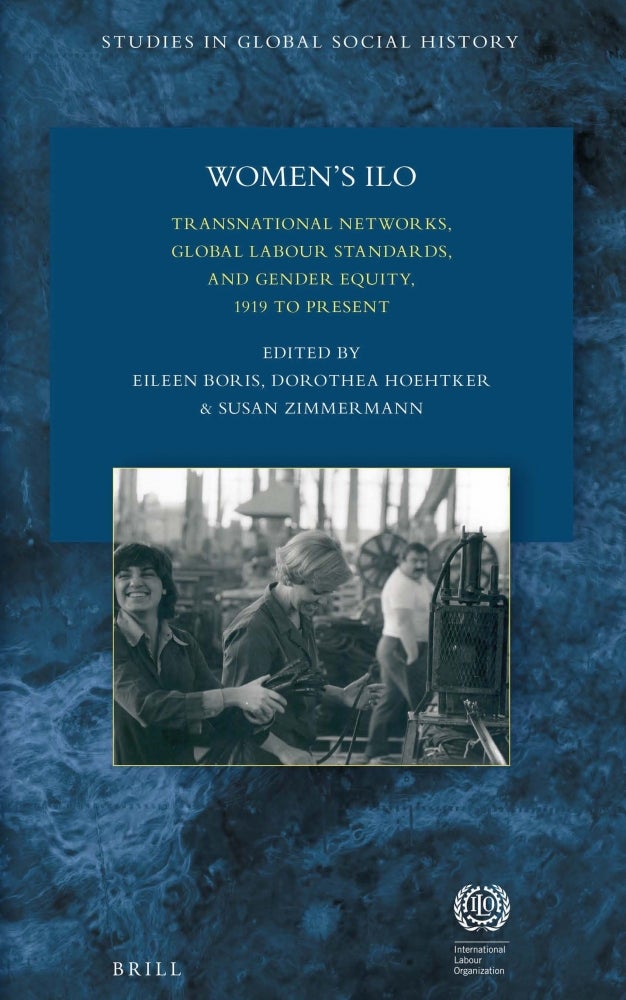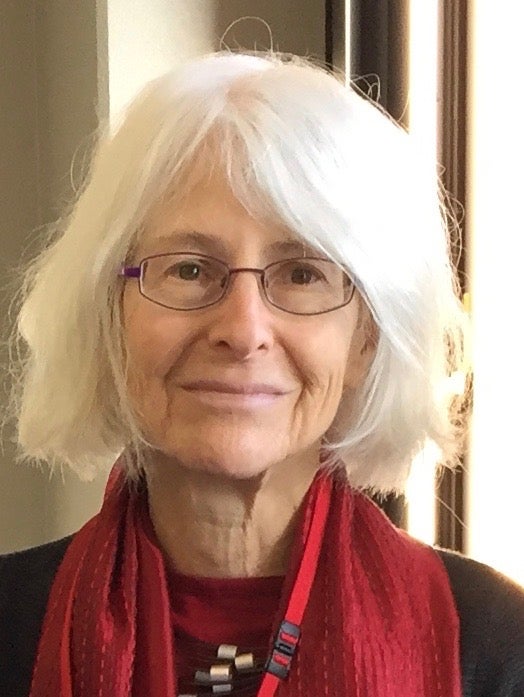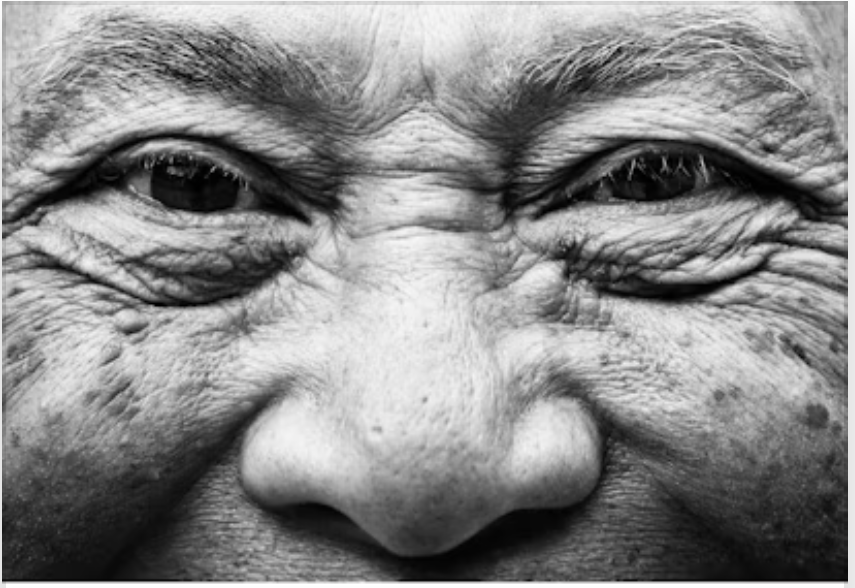
‘Working for Women’

The wide range of issues women face in the working world — from equal pay to attitudes about motherhood to the question of whether surrogate mothers should be considered paid workers — continues to evolve globally as women’s voices are being heard more now than ever before.
Among those at the forefront of women’s impact on global labor policies today is Eileen Boris, Hull Professor of Feminist Studies at UC Santa Barbara. In the midst of Women’s History Month, Boris traveled to Geneva, Switzerland, for the March 13 launch of a new book she co-edited. Published by Brill and the International Labour Organization (ILO), it is part of “The Century Project,” which commemorates the ILO’s centennial.
“Women’s ILO: Transnational Networks, Global Labour Standards, And Gender Equity, 1919 to Present” examines the place of women in global labor policies and shares new research on a century of ILO engagement with women’s work. The book examines the role of women’s networks in shaping ILO policies and fighting against gender inequity in the working world.
“This book helps marks 100 years of commitment to social justice and increased promotion of gender equality,” said Boris, who has been involved with the ILO for decades, beginning nearly 30 years ago as an invited expert to a research meeting on home-based work. “This book is coming out at the perfect time.”
“Women’s ILO” includes articles from women writers and historians around the world, focusing on specific women involved in labor movements and the relationship between the ILO and other organizations. Essays address a range of topics, including attitudes toward motherhood in Argentina and their impact on labor regulations there; Italian women’s struggle for equal pay; how women in rural Ghana organized in the 1980s; migrant women caregivers; and the question of viewing surrogacy as paid work. Boris contributed an essay entitled “Equality’s Cold War: The ILO and the UN Commission on the status of women, 1946-1970.”
The book, co-edited by Boris, Dorothea Hoehtker from the ILO and Susan Zimmermann, a professor at Central European University, comes out as women’s work life evolves amid cultural shifts that vary from country to country. According to Boris, women are “pushing back through organizations like the ILO.”
“Today, the issues of women and workers, both paid and unpaid, and equal pay are at the center of working life,” Boris said. “That is a big cultural shift. Low-waged, part-time and temporary work — conditions long faced by women workers — now characterize the gig economy and more and more jobs, making the past of women’s work newly relevant to understanding the future of work.” Apropos for this time of #MeToo and #TimesUp, the ILO has begun discussing gender violence and harassment at work.
Boris noted that though women have made progress, it’s been uneven and unequal internationally. “Women have been the creators of their own lives and have been active in a struggle for better jobs, better living, not only for their themselves but their community,” she said. “There is progress but it has not been a straight line.
“Advances for some women have been at the expense of other women,” Boris continued. “We can see that with empire and colonialism and the ways in which women have left their own families and communities as migrant domestic workers, allowing women in other cities globally to go out to work. A transnational approach provides critical perspectives to understand not only ourselves in the world but in the past, present and future of those who are not like us.”
The ILO brings together governments, employers and workers from 187 member states to set labor standards, develop policies and devise programs that encourage decent work opportunities, enhance social protection and strengthen dialogue on work-related issues. It explores issues like equal pay, home-based labor and social welfare internationally, charts the disparate advancement of gender equity, and highlights how women have affected the process.
Also a distinguished professor of history, of Black studies and of global studies at UCSB, Boris earned her Ph.D. and master’s degrees in American civilization at Brown University. Her areas of expertise include gender, race and class; feminist theory; labor studies; social politics; women, work and welfare; and women’s and gender history. Boris’s current book project, “Making the Woman Worker: Precarious Labor and the Fight for Global Standards, 1919-2019,” is forthcoming from Oxford University Press.



